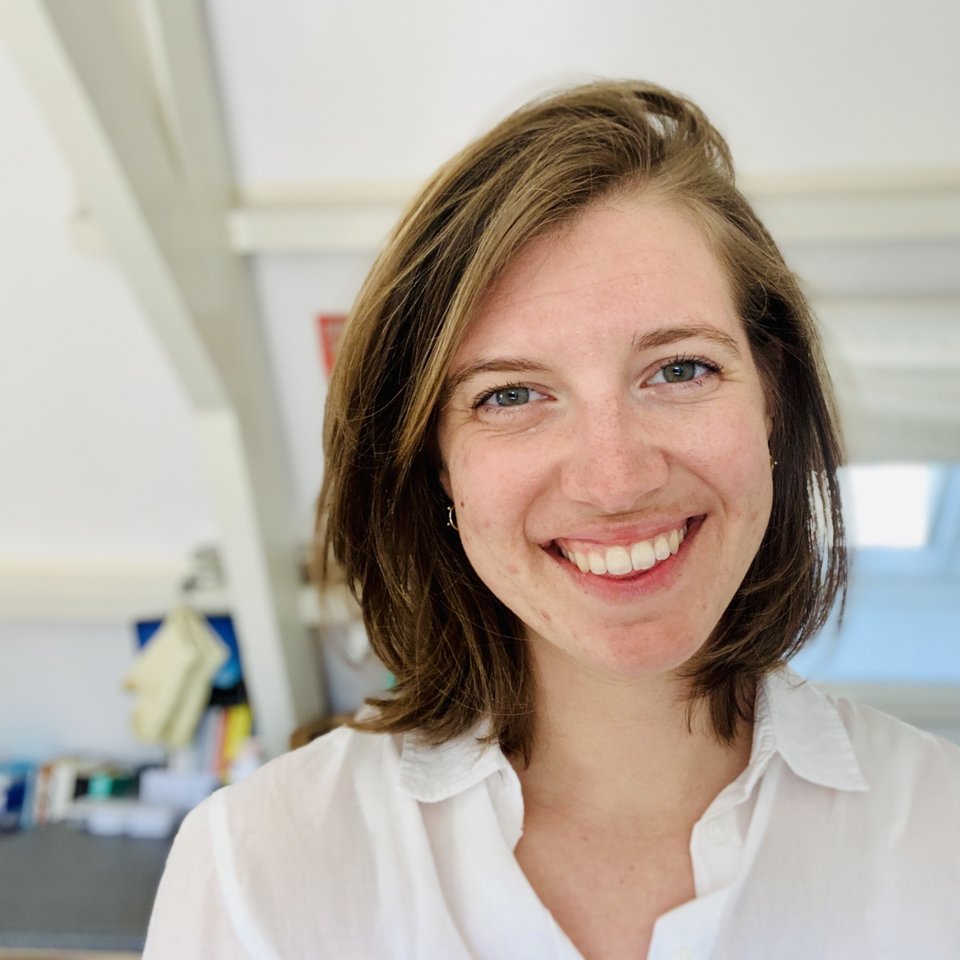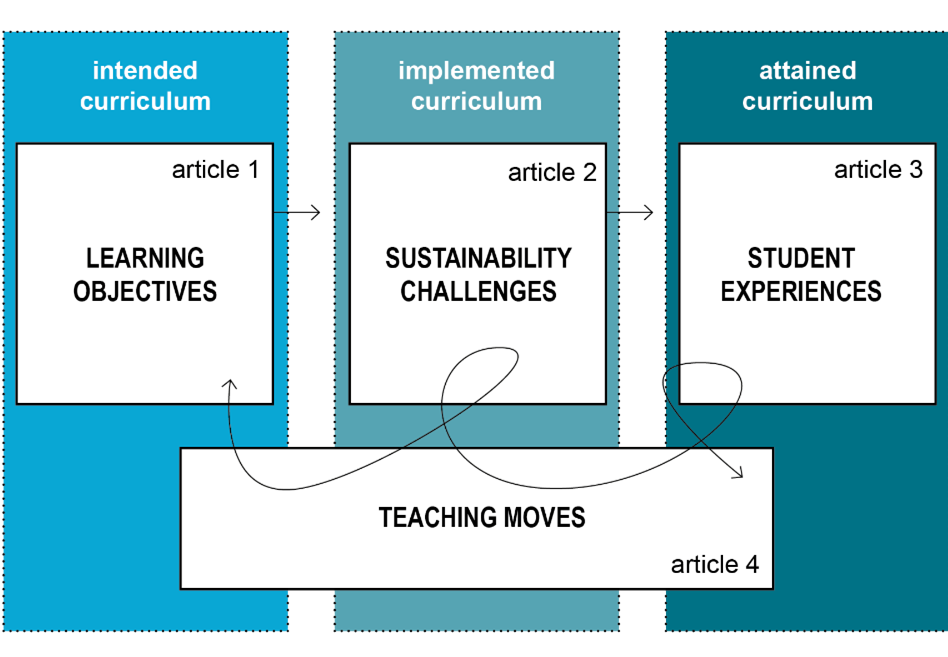Climate change is not only changing the weather; it is changing engineering education
Sustainability challenges require current and next generations of engineers to be able to make impactful decisions in uncertain times. In her 4TU.CEE PhD research within the TU Delft Faculty of Architecture and the Built Environment, Nina Bohm investigates how the competency of dealing with uncertainty can be more effectively taught and acquired through transdisciplinary and challenge-based courses.
In one of her gripping speeches, climate activist Greta Thunberg hammered politicians for not taking facts, and thereby the school system, seriously. This motivated Nina Bohm to work on education that is about more than conveying facts. The pinnacle, for now, is her PhD under the wings of the 4TU Centre for Engineering Education on how engineering students can be taught the sustainability skills that current politicians and society might be lacking.
There is a strong link between sustainability, uncertainty and education.
Nina Bohm
“To me, there is a strong link between sustainability, uncertainty and education,” she says. “Society cannot afford that the energy transition comes to a standstill. Despite the uncertainties inherent to sustainability challenges, engineers need to keep moving, tinkering, and designing, and making decisions with unpredictable short and long-term effects. The question is: how do universities effectively teach their engineering students to keep moving forward under uncertainty?”
Making uncertainty tangible
To make ‘dealing with uncertainty’ a more explicit skill to be taught and acquired, Bohm first needed to make this concept much more tangible – for which she used the Urban Living Lab course of the MADE master# as her research sandbox.. In this second-year course, teams of five students study a metropolitan challenge in the city-region of Amsterdam and develop a vision, design, product, and/or service in co-creation with their client and other societal and/or industrial stakeholders.
She investigated three types of uncertainty. First, there are the domain-specific knowledge gaps that engineers are trained to reduce to the maximum extent possible. How to increase the efficiency of a solar panel, for example. Then there is what Bohm calls ambiguity: the fact that the same problem may be viewed differently by experts of various disciplines. “The final uncertainty is unpredictability,” Bohm says. “No matter how brilliant a model for predicting the best course of action, there is some remaining uncertainty regarding the real-world dynamics – such as next year’s political landscape.”
Overwhelming uncertainty challenges the engineering students’ values and belief systems; what is science, what is knowledge, what is truth?
Nina Bohm
Shifting attitudes
Having determined that each of the nearly fifty urban challenges over five years of the Urban Living Lab course involves all three uncertainties, she delved into the strategies used by students to deal with them. “Overwhelming uncertainty challenges the engineering students’ values and belief systems; what is science, what is knowledge, what is truth?” she says. “Depending on their background and personality, they apply various strategies to deal with the nagging realisation of not knowing everything.”
She found some of these strategies to be very metacognitive, such as resorting to team-bonding or taking a weekend off to restart with fresh energy and renewed insights. Most often, the students would go looking for social assistance, typically asking the teacher for help. “A very human reaction. It shows how important the role of the teacher is, even in such an open learning environment as a challenge-based course.” And then there is the strategy that Bohm finds most intriguing; students changing their attitude towards uncertainty, no longer shying away from it but embracing it.
Teaching moves
No matter the strategy, the teacher needs to respond appropriately. Generally, what teachers do and say to guide student teams – the ‘moves’ they make – is a black box. But armed with a framework for noticing and naming uncertainty, the teachers of the Urban Living Labs course together identified nearly thirty teaching moves that can be used to help students cope with uncertainty.
One such move is to use role playing to address ambiguity – having students represent the various stakeholders and discussing their perspectives. There were also teaching moves that appeared contradictory, for example when it comes to domain-specific knowledge gaps that could not possibly be closed in the time allotted for the real-life case. Bohm: “One teacher pushed the students to just pick something to focus on, follow your gut. But another teacher would encourage them to continue to weigh the various options until they reached a breaking point of frustration. It shows that teaching style also plays a role in dealing with uncertainty, just like the best teaching move may depend on the specific group of students.”
I think my research resonates with the feeling that we, as a society, may fail to take the necessary steps to address the pressing sustainability challenges.
Nina Bohm
Strategies of hope
After having been exposed to bits and pieces of uncertainty during their bachelor studies, challenge-based education about sustainability provides a great opportunity to teach students resilience in the face of – sometimes overwhelming – uncertainty. Bohm’s research has expanded the tool bag for 4TU educators to teach this more effectively, and it may even have an impact beyond education. “I think my research resonates with a feeling we sometimes all have when contemplating sustainability challenges, and the prospect that we, as a society, may fail to take the necessary steps. The strategies of engineering students might inspire us all to act, even in these uncertain times.”
#The Made master (Metropolitan Analysis Design and Engineering) is an inter- and transdisciplinary programme of both Wageningen University & Research and Delft University of Technology and is part of the Amsterdam Institute for Advanced Metropolitan Solutions (AMS).

